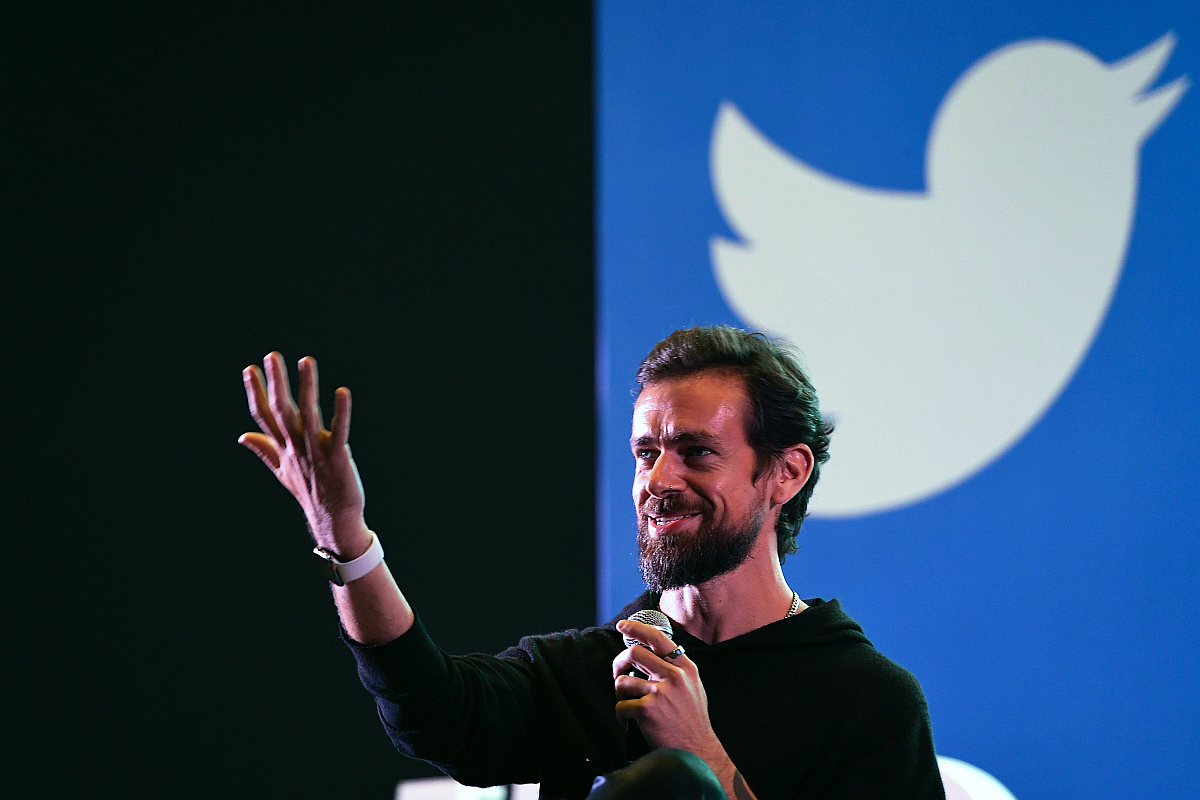Twitter CEO Jack Dorsey recently unfollowed Facebook CEO Mark Zuckerberg on his platform. The news was reported by BigTechAlert, who Dorsey started following immediately before unfollowing Zuckerberg.
BigTechAlert reports on the following and unfollowing activities of CEOs of tech companies.
“@jack is now following @BigTechAlert,” tweeted the account.
Then, Dorsey unfollowed Zuckerberg, which was promptly reported by BigTechAlert.
“@jack is no longer following @finkd,” tweeted the account.
Not just this, Twitter’s official PR account, @twittercomms, immediately posted a response.
Zuckerberg hasn’t tweeted from the @finkd account since 2012 and has only 12 tweets in his account, suggesting that Dorsey’s move was more about making a statement.
It is evident that Dorsey and Zuckerberg have a mutual difference of opinion on how their respective social media platforms must behave. With this latest development it looks like Dorsey just highlighted his thoughts about Zuckerberg’s policies on fake news, free expression and political advertisements.
Around a month ago, Dorsey banned all kinds of political ads on his platform, whereas Zuckerberg is shying away from doing so, announcing no fact-checking for elections-related ads on Facebook.
Dorsey has announced that his company was funding a small independent team of up to five open source architects, engineers and designers to develop an open and decentralized standard for social media that would help better control abusive and misleading information on its platform. The goal is to allow Twitter to access and contribute to a much larger corpus of public conversation.
Facebook, on the other hand, hasn’t endorsed such an approach.
(With input from agencies)











